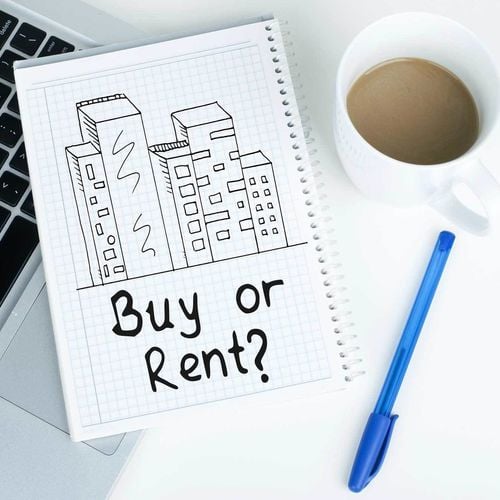Deciding whether to rent or buy a home is a pivotal choice that hinges on several factors, including your financial situation, lifestyle preferences, and the current state of the housing market. Understanding the nuances of renting and buying, particularly in the contexts of a seller’s and a buyer’s market, is crucial in making an informed decision. Let’s dive into the pros and cons of each option and explore how different market conditions can impact your decision.
Renting: A Flexible Option with Its Own Set of Trade-offs
Pros of Renting
- Flexibility: Renting is ideal for those who value mobility, such as people in transitional life stages or careers that require frequent relocation.
- Lower Upfront Costs: Renters typically face lower initial expenses, with no need for a hefty down payment.
- Reduced Responsibility: Maintenance and repairs are generally the landlord’s responsibility, sparing renters from unexpected costs.
Cons of Renting
- No Equity: Rent payments don’t contribute to property ownership or personal equity. When paying rent, you are providing a stranger with income instead of investing that money into your life.
- Potential Instability: Renters are subject to the terms of their lease, including rent hikes and the possibility of needing to vacate the property.
- Limited Personalization: Opportunities to customize the living space are often restricted. Always worrying about holes in the wall, noise at certain hours, or even the neighbors.
Buying: Investing in Your Future with Considerations
Pros of Buying
- Equity Building: Homeownership is a keyway to build personal equity over time.
- Stability and Personalization: Owning a home provides a stable living situation and the freedom to customize your space.
- Tax Benefits: Homeowners may benefit from tax deductions related to property ownership.
Cons of Buying
- Higher Initial Costs: The down payment, closing costs, and other related expenses can be significant. Although, there are programs out there that provide down payment assistance, and you can always negotiate with the seller to pay closing costs.
- Ongoing Expenses: Homeowners are responsible for all maintenance, repair costs, and property taxes.
- Market Risk: Property values can fluctuate, impacting your investment. The market changes constantly, therefore waiting for the right time to buy may never come.
The Housing Market: Seller vs. Buyer Market
Buying in a Seller’s Market
- Pros: High demand can lead to a quick appreciation of property value.
- Cons: Higher prices, more competition, and less room for negotiation.
Buying in a Buyer’s Market
- Pros: Lower prices, more options, and greater bargaining power.
- Cons: Potential for slower appreciation in property value.
Selling in a Seller’s Market
- Pros: Higher selling prices, faster sales, and bidding wars that can drive up the price.
- Cons: Finding a new home to purchase might be challenging and expensive due to the same market conditions.
Selling in a Buyer’s Market
- Pros: Easier to buy your next home, potentially at a lower price.
- Cons: May have to settle for a lower selling price, and it can take longer to sell your property.
Final Thoughts
Whether you choose to rent or buy largely depends on your personal circumstances, financial goals, and the current housing market. In a seller’s market, buyers face higher costs and fierce competition, making renting a potentially more attractive option. Conversely, a buyer’s market might offer more favorable conditions for purchasing a home. Remember, the best decision is one that aligns with your financial capabilities, lifestyle needs, and long-term goals, all while considering the dynamics of the housing market. Educate yourself on all the programs out there in order to make the best decision for yourself, or reach out to us and talk to a local professional!


